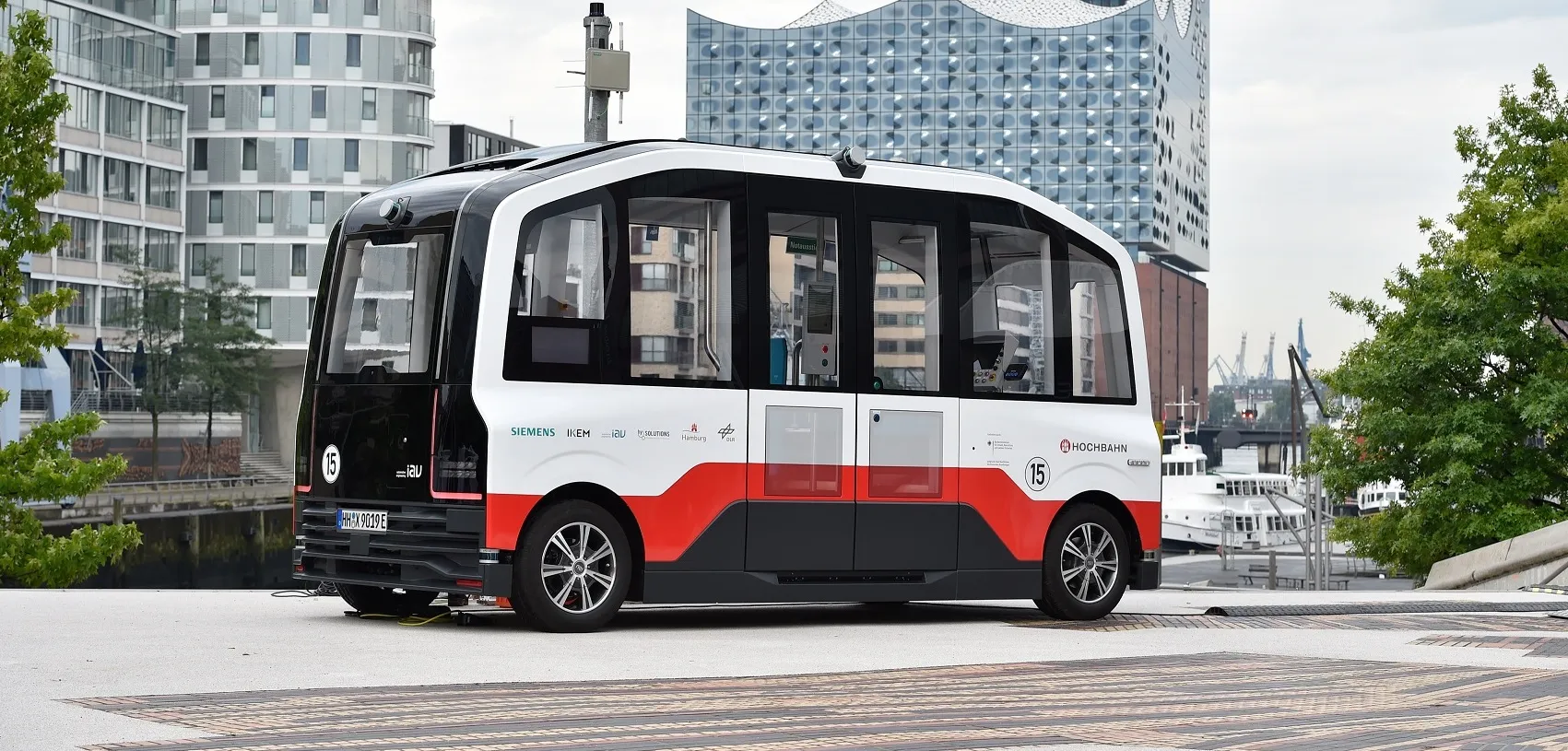Siemens has launched an interoperable charging infrastructure for e-buses capable of charging buses from different manufacturers. German public transport operator Hamburger Hochbahn is to begin operation of three additional e-buses on its ‘innovation line’ 109.
November 4, 2016
Read time: 1 min








